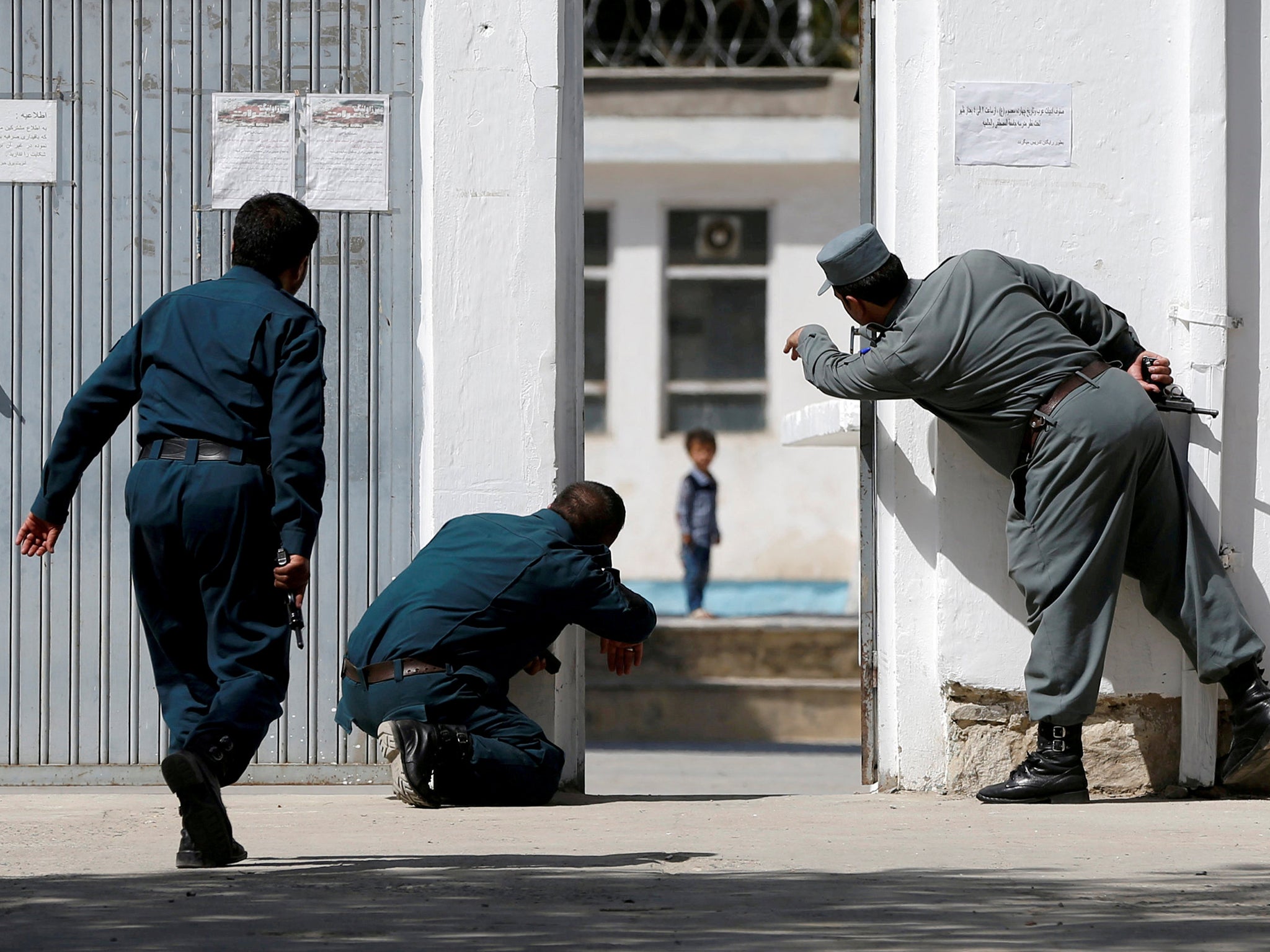In India, all eyes are on the rapidly destabilising situation in Afghanistan
Reports this week that India has prepared evacuation plans for all its Afghanistan-based personnel speak volumes about just how bad the situation is getting, writes Adam Withnall


The rapidly destabilising situation in Afghanistan might feel very far away to readers in the US, UK and other Nato member states whose troops are completing a planned withdrawal after 20 years of bloodshed.
But the recent advances of the Taliban and embarrassing losses for the Afghan military are being watched with mounting alarm right across Asia and eastern Europe, where the fall of Kabul would have huge geopolitical ramifications.
After a couple of dark months in the pandemic, here in India the focus is once again expanding beyond the immediate task of securing oxygen and other urgent medical supplies to the ever-shifting sands of diplomatic relations in the country’s neighbourhood.
Afghanistan is hugely important to India, which boasts of having development projects across some 60 districts there; at the same time, Delhi fears what it sees as the deep and close ties between the Taliban and Pakistan.
Reports this week that India has prepared evacuation plans for all its Afghanistan-based personnel speak volumes about just how bad the situation is getting.
Even if the Taliban advance falters, however, waning western influence in Afghanistan inevitably presents an opportunity to India’s other rival and neighbour – China. With the US still on its way out, officials in Kabul are said to already be deep in talks about how to make Afghanistan part of Xi Jinping’s “belt and road” initiative.
To the north, Russia is every bit as concerned, albeit for different reasons. The Kremlin’s spokesman, Dmitry Peskov, said on Tuesday that the situation was being “monitored very closely”, after former Soviet state Tajikistan called up 20,000 military reservists to deal with any potential escalation on its Afghan border. The threat of a spillover of extremism and violence into it and other central Asian states bordering Russia is very real.
Afghanistan will now top the agenda when India’s foreign minister, Subrahmanyam Jaishankar, arrives in Moscow on Wednesday for a three-day trip including meetings with his counterpart Sergei Lavrov. Neither country will contemplate committing their own troops where the western alliance has failed, but they also both stand to lose out with a Taliban-led government in Kabul.
Longtime allies of convenience, India and Russia have for years been content to see Nato boots on the ground in Afghanistan maintaining a fragile but preferable status quo. Like the rest of us, they will be watching with intense interest to see what comes next.
Yours,
Adam Withnall
Asia Editor
Join our commenting forum
Join thought-provoking conversations, follow other Independent readers and see their replies
Comments
Bookmark popover
Removed from bookmarks